Top Banks in Jordan
The banking sector is the principal source of financing for the country's economic development and a major contributor to its economic growth.
The banking sector in Jordan is the principal source of financing for the country’s economic development and a major contributor to its economic growth.
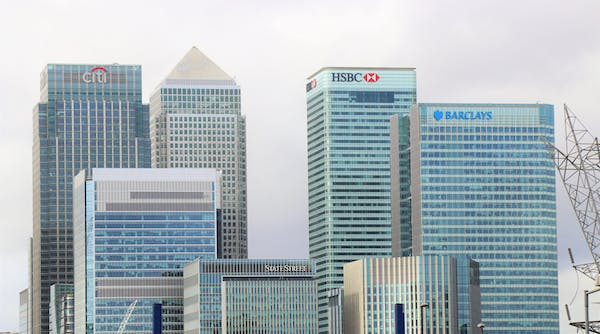
The Jordanian Financial Center is one of the largest financial centers in the region, with USD 65 billion in assets under management by local and foreign banks.
Developments in this sector are governed by various laws and regulations, which ensure transparency, professionalism, integrity, and stability.
According to the ‘Doing Business’ ranking released by The World Bank Group, Jordan has been ranked as one of the best countries for business.
Their banking sector has historically contributed over 20% of GDP since 2010.
In 2011, the strategic plan entitled ‘Program for Development of the Jordanian Financial Sector’ was approved. It aims to increase the financial sector’s contribution to 40% of GDP in 2030.
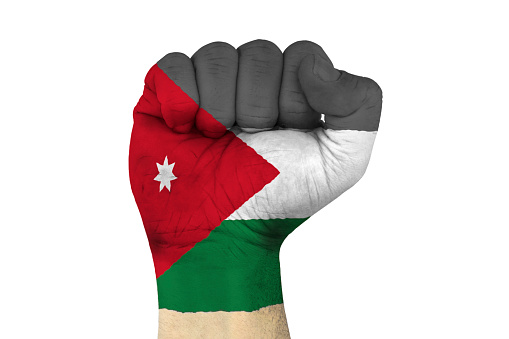
Other major Middle East economies are Iran, Kuwait, Saudi Arabia, United Arab Emirates (UAE), Qatar, and Oman.
European countries such as France, Germany, and Britain and Asian countries such as China and Japan are competitors due to their importance and investments in the region’s economy.
Top Banks in Jordan: Arab Bank
Jerusalem, Palestine, saw the establishment of the Arab Bank of Jordan in 1930. It has more than 7000 workers and 600 branches that are spread out strategically over the world.
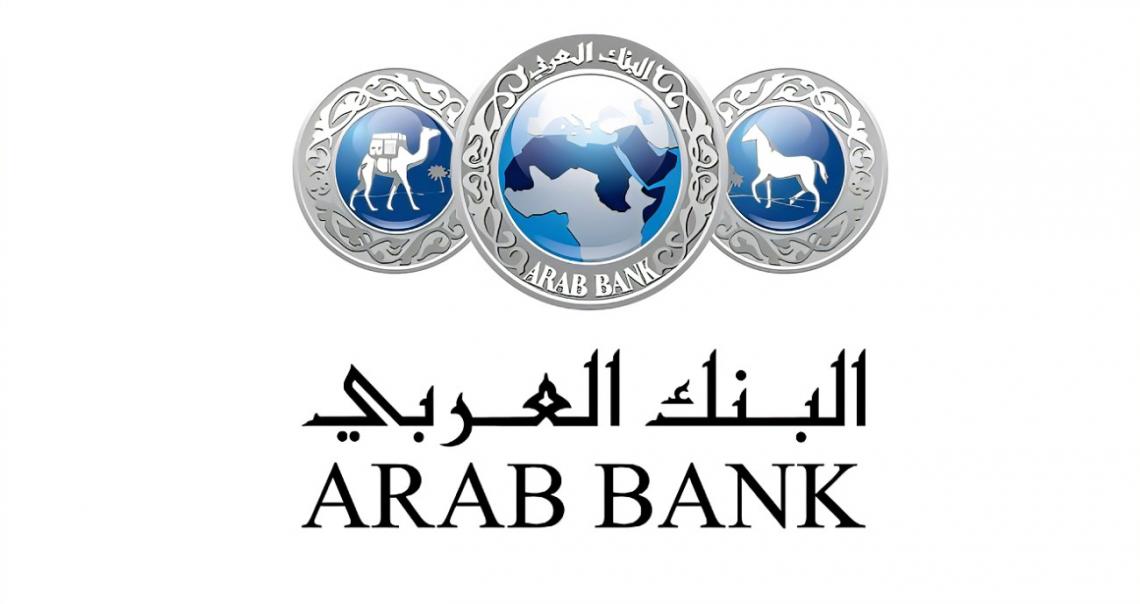
The most prominent financial organization in Jordan and the first bank to have its headquarters there. The main banking network in Jordan is Arab Bank, which offers various services from investment banking to personal banking.
According to the Arab Bank Group’s annual report, the company’s net income after taxes was US$314.5 million in 2021, up 61% from US$195.3 million in 2020. Group equity increased to $10.3 billion and a market share of 51.79% based on Macropolis.
Recently, the banking industry’s rivalry has become more difficult due to the daily, rapid changes in the business environment.
As a result, the customers and the Customer Knowledge Management (CKM) concept has been prioritized.
A successful competitor in the banking sector requires considering an essential component known as the “Customer,” as it has evolved into a vital competitive aspect and is highly valued internationally.
By utilizing CKM to attract new customers to the Arab Bank in Jordan, this process intends to offer a theoretical framework of CKM paired with the customer attraction process.
Bank of Jordan
Bank of Jordan was founded on April 13, 1960, with a capital of JD 2 million, and the late King Hussein I was appointed its first president.

Initially, it had 48 employees and a few branches in Amman. In addition, it included a branch for investment services in Jordan and the Middle East.
Today, B.OJ has 150 branches (including one overseas), 7 Investment Banking Offices, and more than 1,000 employees across Jordan.
The Bank of Jordan (BOJ) is the largest in Jordan, with assets worth nearly JD 2 billion, cash holdings of over JD 450 million, and shareholder’s equity worth nearly JD 3 billion, as per December 31, 2014 figures.
Since its establishment on April 13, 1960, BOJ has promoted sustainable development and improvement strategy for all its banking and financial activities for over 50 years.
BOJ is one of the pioneering local banks in Jordan, with a capital of JD 155 million, assets amounting to JD 2,190 million, and shareholders equity worth JD 335 million as per December 31, 2014 figures.
Its flagship business unit, private banking, comprises a twenty-year-old youth-oriented private banking platform launched in 1999. It comprises young professionals who are well-versed in financial matters and trends. It has produced more than 10,000 clients.

The banking industry continuously explores innovations and technological advancements to drive customer satisfaction and improve customer experience.
BOJ contributes major innovations to provide advanced financial services and products that meet customer needs. It includes innovation in payment systems, innovative credit products, and special cash management services.
Bank of Etihad
Previously known as Union Bank, Bank al Etihad is a Jordan-based provider of financial and banking services.

As a public shareholding company, the bank was founded in 1978 with paid-up capital of JDs 125,000,000, a capital base of JOD 272 million, and a capital adequacy ratio of 14.70%. It is one of Jordan’s banks with the fastest growth rates.
It has two main divisions: Trade & Service and Investment, which mainly invests in private securities like stocks or bonds.
It has other subsidiaries like Al Batriab Investment Company, which acts as an investment advisor or private bank for high net-worth individuals or corporations in Jordan.
It also owns a subsidiary in Lebanon, which it opened in 2001, called Al Etihad Leasing Company Limited. It employs over 2400 people, with branches across Jordan.
Bank al Etihad has increased the number of ATMs by 60% from last year. It has become the third-largest bank in Jordan after the merger with the Arab Islamic Bank and Commercial Bank of Syria.
Bank al Etihad is listed on The Amman Stock Exchange and currently trades under “BATE.” Its market capitalization is 442 million Jordanian dinars.

Bank al Etihad becomes the first bank to sign an agreement with CRIF ITS Jordan to promote sustainable finance.
The Amman Stock Exchange (ASE) said Bank al Etihad would be listed on ASE as of March 12, 2010, subject to approval from ASE’s board of directors.
Since December 31, 2009, it is the second Jordanian bank to have been acquired by a foreign institution and has increased its capital base by 61 percent to JD 1,650 million (USD 390 million).

According to crif.com, Bank al Etihad and CRIF ITS Jordan, a division of the CRIF group, recently signed a contract.
The deal would grant access to Synergy, a digital platform that rates businesses according to environmental, social, and governance (ESG) standards, to Bank al Etihad and its SMEs and corporate clients.
The arrangement fits in with Bank al Etihad’s objective to assist credit policies, supplier chain selection, risk management, and funding for SMEs and corporates while promoting sustainable finance.
The bank is inspired to adopt this strategy because it is dedicated to helping the neighborhood overcome obstacles, including climate change and social and environmental problems.
Jordan Ahli Bank
Jordan Ahli Bank (also known as “Ahli Bank”) is one of the top financial organizations in Jordan with strong local publicity.

In addition to being a member of the Arab Bankers Association, it was created in 1955 by the royal order as a public shareholding corporation (ABA).
As of H1 2020, the shareholder’s equity was USD 442.5 million, up 1.95%, according to Jordan Ahli Bank. The total assets increased by 1.83% to $3.97 billion.
Jordan Ahli bank shares are issued through the Jordanian Investment Corporation (JIC). JIC was established by law to exclusively allocate shares to individuals or institutions looking for private ownership with low tax rates.
Jordan Ahli Bank is affiliated with the Arab bank of the middle east (ABME), which allows for increased activity and financial capability in the Arab world.
The Private Investment Fund (PIF) was established in Jordan by law no: 93/1994 as an incentive to attract domestic and foreign investments through private sector enterprises and contribute to economic growth and development.
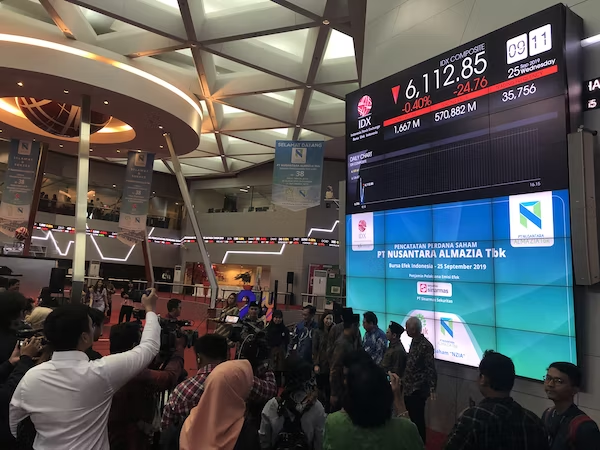
The Jordanian Stock Exchange was established in 1999 together with Royal Decree No. 91/1999. It is a regional exchange that offers services to Jordanian and foreign companies seeking stock listing or aiming to raise capital through public offerings.
It is a member of the International Investment Bankers’ Association (IIBA), which aims to promote mutual understanding among the international banking profession.
They also aim to enhance cooperation between its members and contribute to the development of international relations for the benefit of its members.
Jordan Ahli bank is a potential investment destination for companies interested in financing through public offerings on JSE and investment opportunities in industrial and service sectors listed on JSE.
Arab Jordan Investment Bank
AJIB is ranked among the top 10 banks in Jordan with assets worth USD 2.6 Billion, total loans worth USD 1.8 Billion, deposits worth USD 1.1 Billion, and an equity stake of approximately USD 0.86 Million (December 31, 2017).
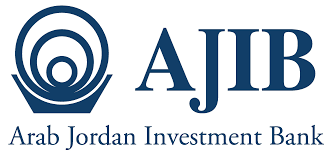
This performance is in line with the bank’s long-term strategy, driven by its vision to become a banking industry leader through sustainable growth and development.
AJIB’s real estate investment arm ALSID (Al-Sai Al-Sihdawalat), which encompasses projects such as cemeteries and housing developments, has contributed to the bank’s economic performance.
Since 2014, it has completed more than 590 units worth over JD 278 Million. ALSID also successfully manages the building infrastructure portfolio at AJIB Zaraa I Safi Al-Khalil (AJZSK), a development project that includes a business community, hotel, and residential facilities.
ALSID manages the projects on behalf of its partners, who have expressed confidence in this high-quality project and are satisfactorily pleased with its performance.
AJIB’s proven track record in supporting the Jordanian economy, particularly in the housing sector, has been reinforced by its stellar financial performance.
The bank has won several prestigious awards, including the Marcom Awards for Marketing Excellence (2012), Marcom Awards for Marketing Excellence (2013), Marcom Awards for Marketing Excellence (2014), and Jordan Banking Sector Performance Rankings (2016 and 2017).

It has also been recognized for contributing to Jordan’s economy and financial sector.
In 2011 and 2013, AJIB was awarded the “The Bank of the Year” award at the Banker Middle East Magazine Awards.
The latter was followed by “The Bank of the Year - Emerging Markets” award at the Euromoney Awards for Excellence in 2013.
Cairo Amman Bank in Jordan
Cairo Amman Bank’s beginning stretches back over a century to 1914, when it was founded by a group of merchants from the port city of Alexandria in Egypt.

It has since grown into one of the Middle East’s largest and most international banks, with operations in Jordan, Bahrain, Qatar, and Sudan. We are proud to be part of the banking history that traces its roots back over 100 years.
The bank offers a full range of banking services, including private banking, asset management, investment, project financing, and operational management. It has 50 branches throughout Jordan and employs more than 1,200 people.
Their mission is to provide our customers with the highest quality of service while providing opportunities for growth and wealth generation in a competitive environment.
The bank is committed to building long-term relationships with clients who can rely on them for financial strength and sophisticated customer service. In addition, the success bank believes in offering unique choices for individuals and families in all stages of their lives.




or Want to Sign up with your social account?